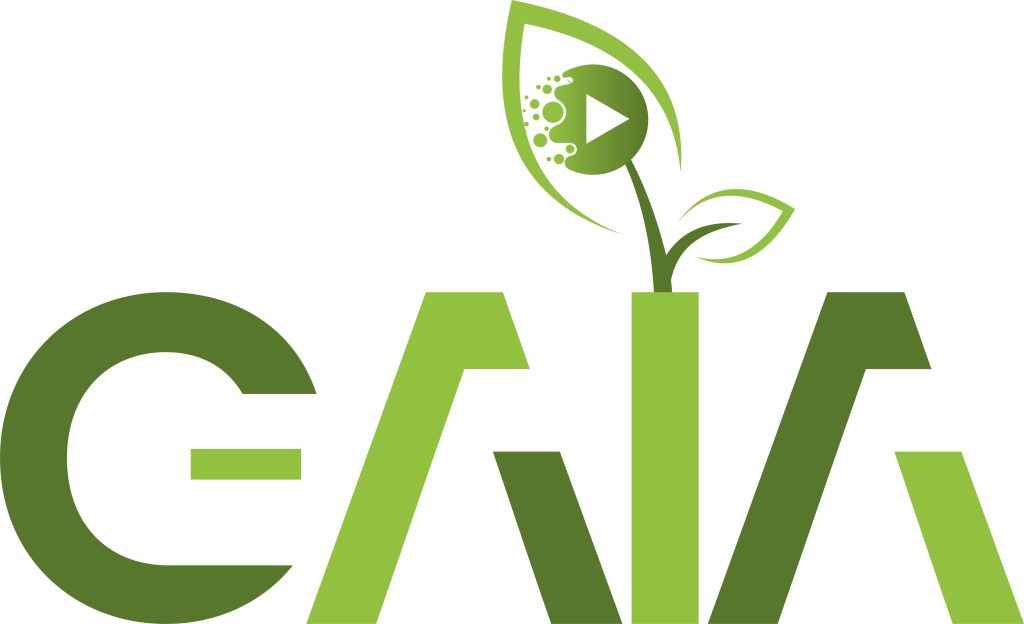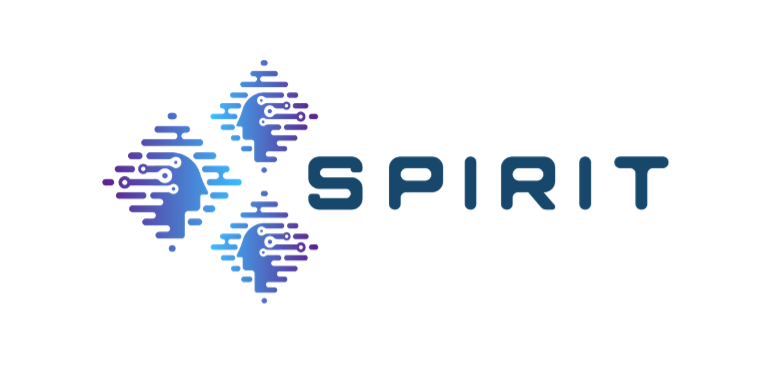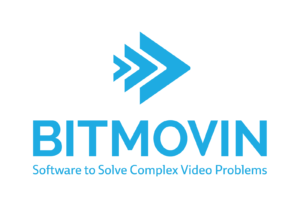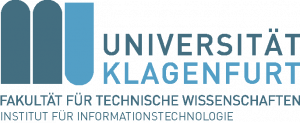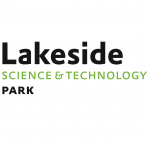*** UPDATE ***: Due to COVID-19, the summer school is canceled. Contact the organizer for questions (if any).
Summer School on Adaptive Streaming over HTTP and Emerging Networked Multimedia Services
July 13-17, 2020 | Klagenfurt am Wörthersee | Austria
https://athena.itec.aau.at/summer-school-2020
Introduction
Real-time multimedia information and entertainment services – specifically, streaming of digital video and audio content – account for the majority of today’s traffic in the Internet, and their amount and share of traffic are still growing. Users expect to generate, distribute, share, and consume any media content, anywhere, anytime, on any device, in high quality. Although global Internet and individual users’ data transmission rates (“bandwidth”) have been growing exponentially for many years, the growing number and variety of media services, higher spatial video resolutions, more immersive types of media, e.g., 360-degree video, and higher quality expectations of users have led networked media applications to fully utilize the available bandwidth or even to operate under (temporary) bandwidth shortages. For real-time media transmission over the open Internet, a major technical milestone certainly was the advent of the HTTP Adaptive Streaming (HAS) technique. HAS is being widely deployed in the industry today and has been standardized, e.g., as the ISO/IEC MPEG Dynamic Adaptive Streaming over HTTP (MPEG-DASH) standard. While most HAS-based media services work fine even under bandwidth limitations and fluctuations, there are big challenges for multimedia systems, e.g., the tradeoff between increasing content complexity, new requirements w.r.t. time (latency), and quality.
Scope
The aim of this summer school to learn about basic and advanced concepts related to adaptive streaming over HTTP and emerging networked multimedia services, targeting the following topic areas:
- multimedia content provisioning,
- content delivery, and
- content consumption in the media delivery chain as well as for
- end-to-end aspects, with a focus on, but not being limited to, HTTP Adaptive Streaming (HAS)
with a particular focus on gaming- and learning-based approaches related to the topics areas identified above and possibly also beyond.
Target audience
Any practitioner and Ph.D. student interested in adaptive streaming over HTTP and emerging networked multimedia services including games (streaming) development and learning-based approaches (machine learning, deep learning). You will find our program interesting if you are working on multimedia content provisioning (i.e., video coding and packaging for HAS), content delivery (i.e., content distribution networks, caching, video networking, SDN, ICN, 5G), content consumption (i.e., dynamic adaptive streaming), or/and end-to-end aspects thereof including Quality of Experience (QoE) issues.
We also cordially invite master students, post-docs, and researchers (upon availability).
Concept of this summer school
Participants will learn from renowned experts in the field basic concepts and advanced topics through keynotes, lectures, as well as hands-on practical work by means of mini projects (hackathon) including presentations thereof. Mini projects will be worked on in small teams clustered according to research interests of participants according to the four topic areas as outlined in the scope. A typical day in this summer school looks like the following. In the morning there will be keynotes/lectures providing the theoretical background. The afternoon is dedicated to group work which brings the theoretical background into practice and the evening is planned for social activities and networking. The last day will be used to wrap up the summer school and present results of the mini projects potentially leading to joint publications in the respective domains.
Organizers
 Christian Timmerer (contact person) (IEEE M’08–SM’16) is an Assoc. Prof. at Klagenfurt University, Institute of Information Technology (ITEC). He is a Co-Founder of Bitmovin Inc. where he is the Chief Innovation Officer (CIO) and the Head of Research and Standardization. His research interests include immersive multimedia communication, streaming, adaptation, and quality of experience. Further information is available on http://blog.timmerer.com.
Christian Timmerer (contact person) (IEEE M’08–SM’16) is an Assoc. Prof. at Klagenfurt University, Institute of Information Technology (ITEC). He is a Co-Founder of Bitmovin Inc. where he is the Chief Innovation Officer (CIO) and the Head of Research and Standardization. His research interests include immersive multimedia communication, streaming, adaptation, and quality of experience. Further information is available on http://blog.timmerer.com.
 Özgü Alay received the B.S. and M.S. degrees in electrical and electronic engineering from Middle East Technical University, Turkey, and the Ph.D. degree in electrical and computer engineering from the Tandon School of Engineering, New York University, USA. She is currently the Head of Mobile Systems and Analytics (MOSAIC) Department at Simula Metropolitan Center for Digital Engineering and an Associate Professor with the University of Oslo, Norway. Her research team focuses on the empirical characterization of mobile networks and, the design of novel protocols and applications for future mobile networks. More specifically, her research interests lie in the areas of experimental evaluation and characterization of mobile networks (e.g. 3G/4G/5G, Wifi and satellite), the design of novel multipath protocol extensions (e.g. MPTCP, MPQUIC) over heterogeneous mobile networks and design of robust multimedia (e.g. DASH and HEVC) transmission algorithms over mobile networks especially under challenging mobility scenarios.
Özgü Alay received the B.S. and M.S. degrees in electrical and electronic engineering from Middle East Technical University, Turkey, and the Ph.D. degree in electrical and computer engineering from the Tandon School of Engineering, New York University, USA. She is currently the Head of Mobile Systems and Analytics (MOSAIC) Department at Simula Metropolitan Center for Digital Engineering and an Associate Professor with the University of Oslo, Norway. Her research team focuses on the empirical characterization of mobile networks and, the design of novel protocols and applications for future mobile networks. More specifically, her research interests lie in the areas of experimental evaluation and characterization of mobile networks (e.g. 3G/4G/5G, Wifi and satellite), the design of novel multipath protocol extensions (e.g. MPTCP, MPQUIC) over heterogeneous mobile networks and design of robust multimedia (e.g. DASH and HEVC) transmission algorithms over mobile networks especially under challenging mobility scenarios.
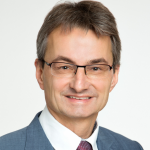 Hermann Hellwagner (IEEE S’85–A’88–M’95–SM’11) is a full professor of computer science at Klagenfurt University where he leads the research group “Multimedia Communication (MMC)” in the Institute of Information Technology (ITEC). His current research areas of interest are distributed multimedia systems, multimedia communications and adaptation, QoS/QoE, Information-Centric Networking (ICN), and communication multi-UAV networks. Further information is available on http://www.itec.aau.at/~hellwagn/.
Hermann Hellwagner (IEEE S’85–A’88–M’95–SM’11) is a full professor of computer science at Klagenfurt University where he leads the research group “Multimedia Communication (MMC)” in the Institute of Information Technology (ITEC). His current research areas of interest are distributed multimedia systems, multimedia communications and adaptation, QoS/QoE, Information-Centric Networking (ICN), and communication multi-UAV networks. Further information is available on http://www.itec.aau.at/~hellwagn/.
 Anna Ukhanova is one of the research leads in Google Research EMEA which focuses on a wide area of ML and AI-related topics. Anna received an M.Sc. in Information and Communication Systems from St. Petersburg State University of Aerospace Instrumentation in Russia, and a Ph.D. in Computer Science from the Technical University of Denmark (DTU). She is a grantee of the Danish National Advanced Technology Foundation for research work in the field of visual perception. She has been working with Google Switzerland since 2014.
Anna Ukhanova is one of the research leads in Google Research EMEA which focuses on a wide area of ML and AI-related topics. Anna received an M.Sc. in Information and Communication Systems from St. Petersburg State University of Aerospace Instrumentation in Russia, and a Ph.D. in Computer Science from the Technical University of Denmark (DTU). She is a grantee of the Danish National Advanced Technology Foundation for research work in the field of visual perception. She has been working with Google Switzerland since 2014.
Important Links:
- Confirmed Speakers…
- Participation… (application form)
- Sponsors



